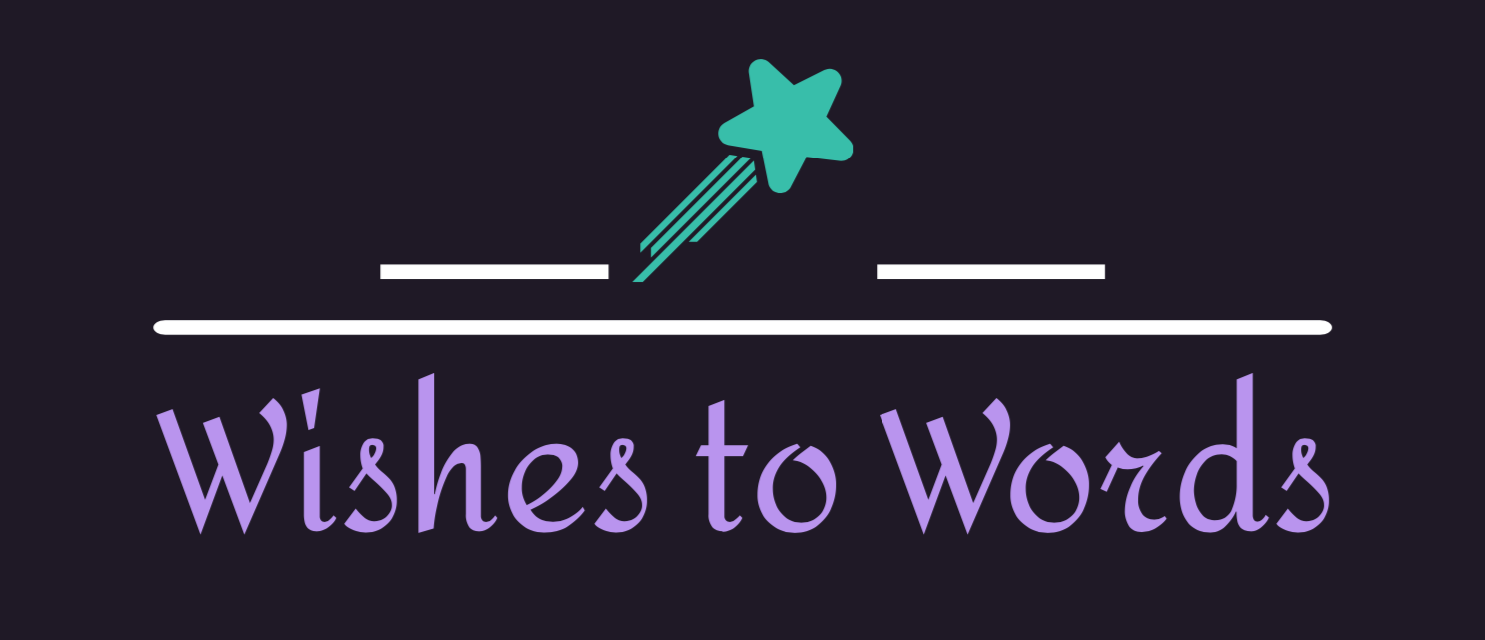I had originally planned for this next blog post to be related to one of the many writing guides I’ve used over the years. Moral premise, character arcs, the Snowflake method. All incredible guides that have offered me great insight into how to be a better novelist. But this title seemed to draw me in as I wrote it down in my reflection book.
Another day I’ll dive into the great writing guides, but today I’d like to explore my great dilemma. How do you know you’re ready to write?
This isn’t a big deal for punster’s, perhaps. I’m sure you’ve already started writing. But have you considered when to stop?
Ha, don’t worry; you shouldn’t ever stop writing. When you’re in the flow, it’s always good to keep going. Best to edit than to have no material to edit. I should have more posts for you punsters soon regarding that process.
The Fear of Not Being Ready Enough
My topic for today is for my plotters and plantsers, for the folks that need some sort of outline to work with or at least an idea to get going in the right direction. But how do you know you’re truly ready to put words down on the page? How do you know you won’t get stuck along the way because you didn’t flesh something out enough?
That’s the idea lodged in my mind today. I’ve been working on a certain novel that I’ve been working on for years. I’ve created outlines, written drafts and then trashed them because they failed to work.
I feel I do need to acknowledge that those drafts weren’t, in fact, trash. They were blueprints, foundational building blocks. I might have needed to exchange some bricks or rebuild the concrete, but the sole way to know failure was to attempt construction.
That’s novel writing for you. You’ve sometimes got to strip the paint and try again.
Or worse, you’ll never get to paint at all.
Do I think there’re ways to combat the issue so you’re not stripping a hundred strokes of paint?
Absolutely.
But an attempt has to be made. Or you’re never going to get that house built.
But enough of house-building metaphors. Let’s get to the real deal.
You Can’t Master Every Detail Before You Begin
You will find a hundred ways to avoid it, because I know I have.
You’ll say, oh, I need to flesh out this character, or I need to set up that setting, or this plot line has holes in it. You’ll have a long list of to dos towards building your world, and as soon as you finish that list you’ll start writing.
Don’t worry, I have a list too…
But that’s the problem. Think about our own world; we have thousands of animal species, vast histories, different continents, ecosystems, solar systems. And each of the areas has a specialist designated to study it.
You are trying to be a specialist in every aspect of your novel’s world.
See what I’m getting at here. You’re kind of doing the impossible. It’s not impossible, but it’s definitely going to take you a long while to get it done. Even if you’re a plantster, I bet you’re still trying to understand some aspect of your novel before you write.
And this is when I suggest we take a page out of our punster books.
Exploration Over Perfection
Sometimes it’s not about knowing; it’s about exploring. Going into the void, searching for solutions. You can always backtrack, change direction, or just choose another path altogether. But, you’ve got to get going.
Have a map. Yes. Sure.
And this is where the guides I use come into play, and soon I’ll go into more detail. But cherry-pick your attempts at having the facts.
Tools That Help You Begin
Understand the moral premise of your story.
Identify the vague character arc of each of your main characters. What are the lies that they believe? What do they actually need to grow and change?
And finally, write a synopsis.
One sentence.
Then one paragraph
Then five paragraphs for each disaster.
Then a full page.
I really believe if you can do at least that, then you’re ready enough to get going.
Venturing Into the Unknown Again and Again
The moral premise is your compass, the character arcs are your supplies, and the synopsis is a general map of what you might come across.
But it’s your job to mark the route you make along the way.
Along your journey, make notes. When you get back, review them, and then go venture into another unknown. Again, and again, and again until you can see the complete map.
The process might take a couple of months, or a could take years, and that’s okay. You nor I can really tell how long the journey might take; that’s up to the novel itself that wedged itself into your brain.
But it’s chosen you, and you’ve got to get it out there.
So polish your compass, gather your gear, unroll your map.
And start writing.

